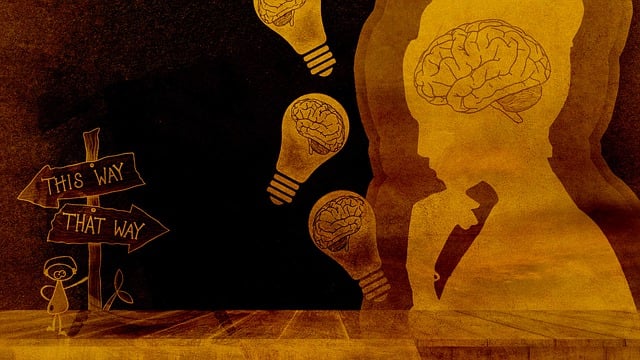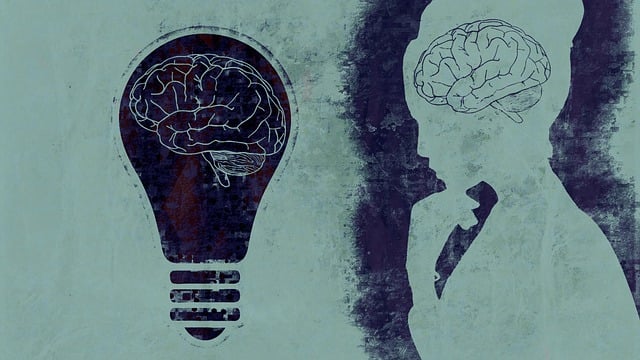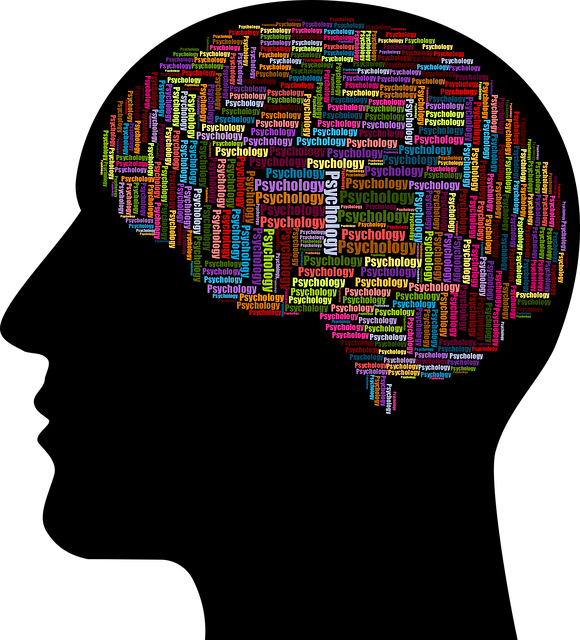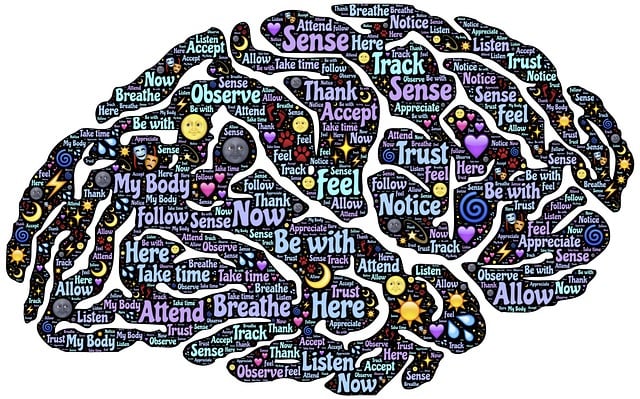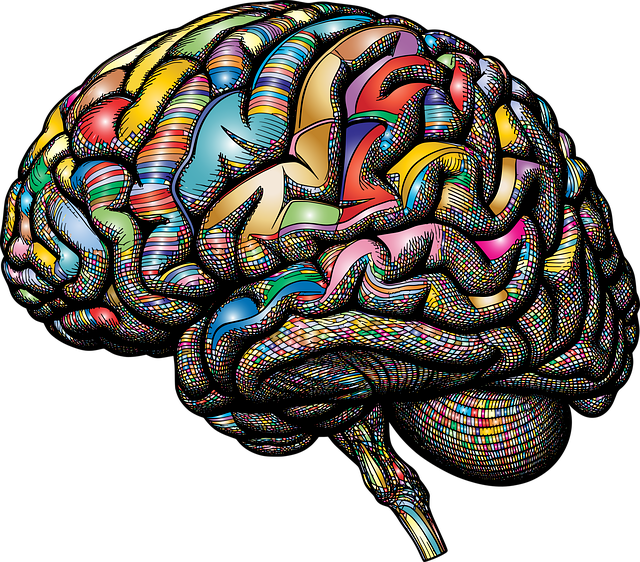Mental wellness is paramount for young minds, and recognizing emotions, thoughts, and behaviors early on fosters emotional well-being. Bilingual therapy plays a vital role in supporting children navigating dual-language identities and unique emotional challenges. Effective strategies include creating judgment-free spaces, incorporating mindfulness exercises, and fostering open dialogue in their native languages. Self-care routines tailored to individual preferences, cultural backgrounds, and personalities can significantly improve mental wellness. Play and creativity, integrated into daily routines, promote emotional intelligence, reduce stress, and develop healthy coping mechanisms in young bilingual children.
“Promoting mental wellness in young minds is paramount, especially within our diverse, bilingual communities. This article explores the profound impact of mental health on children’s development and highlights the unique considerations for bilingual individuals. We delve into effective self-care strategies tailored to their needs, focusing on personalized routines that foster resilience. Through a blend of science and creativity, discover how play and artistic expression can be powerful tools in enhancing mental wellness for young, bilingual children, potentially mitigating risks associated with therapy.”
- Understanding Mental Wellness and Its Impact on Young Minds
- The Importance of Self-Care for Bilingual Children
- Creating a Customized Routine: Activities and Strategies
- Incorporating Play and Creativity for Optimal Wellbeing
Understanding Mental Wellness and Its Impact on Young Minds

Mental wellness is a crucial aspect of overall health, especially for young minds that are still developing and forming their sense of self. Understanding mental wellness involves recognizing emotions, thoughts, and behaviors that contribute to emotional well-being. For young children, this means fostering an environment where they can express themselves freely, without judgment. Bilingual therapy, for instance, can be a powerful tool in supporting children who speak multiple languages, helping them navigate their unique identities and emotions.
The impact of poor mental wellness can manifest as depression, anxiety, or other behavioral issues at a young age. Prevention is key; early intervention through self-care routine development and therapy can significantly influence the trajectory of a child’s mental health. By incorporating mind over matter principles into daily lives, such as mindfulness exercises or creative outlets, children learn valuable coping strategies that promote better mental health. This proactive approach equips them with tools to manage stress, process emotions, and build resilience as they grow.
The Importance of Self-Care for Bilingual Children

Bilingual children, like all young minds, heavily rely on mental health awareness and robust communication strategies for their overall development. Growing up in a bilingual environment presents unique challenges and opportunities. These children not only need to master two or more languages but also navigate cultural nuances and social interactions. Self-care routines specifically tailored for them can significantly contribute to their mental wellness.
Integrating therapy for young children that considers bilingualism is crucial. This involves creating safe spaces where children feel comfortable expressing themselves in their native tongue, fostering open dialogue about their experiences, and providing resources that support both languages. By adopting effective communication strategies, parents and caregivers can enhance the mental health of bilingual children, ensuring they develop a positive sense of self, build strong relationships, and thrive academically and socially.
Creating a Customized Routine: Activities and Strategies

Developing a self-care routine is a powerful tool for maintaining and enhancing mental wellness, especially for young children. When creating a customized routine, it’s essential to consider individual preferences and unique needs. Activities can range from structured practices like mindfulness exercises or keeping a journal to more flexible options such as spending time in nature or engaging in creative hobbies. The key is to tailor these strategies to suit the child’s personality and cultural background, ensuring that each element resonates with them.
For bilingual children, incorporating therapy sessions in their native language can be incredibly beneficial for both mental health and cognitive development. This personalized approach allows them to express themselves freely, fostering positive thinking and emotional regulation. Self-care routine development becomes an inclusive process where activities are not only enjoyable but also culturally affirming, contributing to overall well-being and a sense of belonging.
Incorporating Play and Creativity for Optimal Wellbeing

Incorporating play and creativity into a self-care routine is essential for promoting optimal emotional well-being, especially in young children. Therapy for young children, often incorporating bilingual approaches, emphasizes the use of creative activities to foster emotional intelligence and reduce stress. Through art, music, dance, or imaginative play, children can express their feelings, develop coping mechanisms, and enhance their problem-solving skills. These activities provide a safe outlet for emotions, allowing children to navigate and understand their internal experiences.
Play is not merely entertainment; it’s a powerful tool for emotional growth. Engaging in creative pursuits helps children build resilience, promote self-awareness, and cultivate positive relationships. By integrating play and creativity into daily routines, parents and caregivers can support the development of healthy emotional responses, ensuring children grow up with effective stress reduction methods and enhanced emotional well-being promotion techniques.
Mental wellness is an integral part of a child’s overall development, especially for bilingual young minds. By incorporating tailored self-care routines that include play and creativity, we can support their emotional well-being and cognitive growth. The strategies outlined in this article, such as engaging in therapeutic activities and fostering a sense of belonging through cultural connections, empower parents and caregivers to create nurturing environments. Embracing these practices can significantly enhance the mental resilience of bilingual children, enabling them to thrive both linguistically and emotionally.


